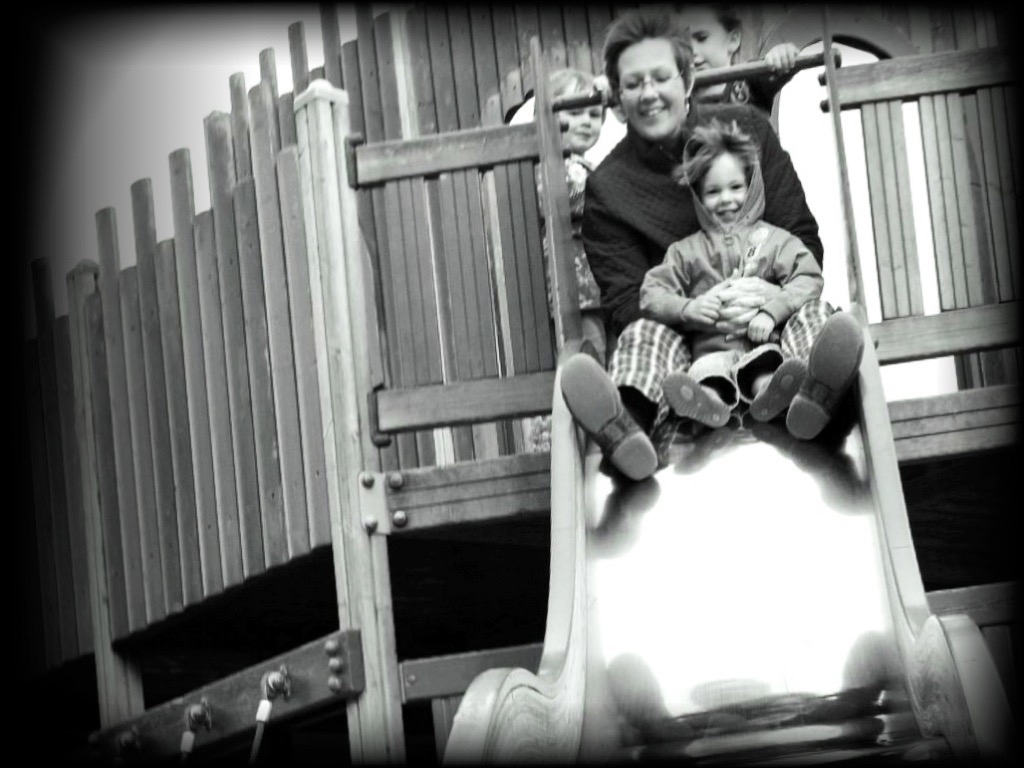Click here and press the right key for the next slide (or swipe left)
also ...
Press the left key to go backwards (or swipe right)
Press n to toggle whether notes are shown (or add '?notes' to the url before the #)
Press m or double tap to slide thumbnails (menu)
Press ? at any time to show the keyboard shortcuts

the domain
What are theories of social cognition theories of?
‘For humans, like many animal species,
survival depends on effective social functioning. [...]
‘However, social interaction in humans is exceedingly complex compared with that in other animal species:
‘representations of
internal somatic [action-guiding] states,
knowledge about the self,
perceptions of others and
interpersonal motivations
are carefully orchestrated to support skilled social functioning.
This complex set of processes [...] is broadly referred to as social cognition’
Amodio & Frith, 2006 p. 268
[Working definition v1]
Social cognition:
The processes involved in
orchestrating representations of
actions and mental states
to support skilled social functioning.
Working definition
Social cognition:
The processes involved in
orchestrating representations of
actions and mental states
to support skilled social functioning.
[q1] ‘One of the fundamental problems of social cognition is how we represent and understand other people.’
[q2] ‘Another fundamental problem of social cognition is how we represent social groups.’
Todorov, Fiske and Prentice, 2011
Working definition
Social cognition:
The processes involved in
orchestrating representations of
actions and mental states
to support skilled social functioning.
vs:
‘Social cognition is the study of how people make sense of other people and themselves
‘... in order to coordinate with their social world’
Fiske and Taylor, 2013 pp. 1, 16
Working definition
Social cognition:
The processes involved in
orchestrating representations of
actions and mental states
to support skilled social functioning.
[Working definition v2]
Social cognition:
cognition of
actions and mental states
which supports social functioning.
Social cognition:
cognition of
actions and mental states
which supports social functioning.
the domain
What are theories of social cognition theories of?
The answer is given by our working definition.
Social cognition:
cognition of
actions and mental states
which supports social functioning.
some questions
What forms of social cognition are there?
Do any nonhumans track others’ mental states?
How could interaction support social cognition?
What are the functions of social cognition?
‘in physics there is a mind at work making as much sense as possible of a subject matter that is being treated as brainless;
in the psychological case, there is a brain at each end.’
textbook:
none

Admin
lectures
web there is a web page where you can find slides and handouts from lectures. and lecture capture
assessment = essays
--- 15% <1,501 words
--- 85% <2,501 words
(titles on the web under ‘course materials’)
reading week
seminars
seminar groups
seminar tasks
--- ...
suggestions
Timetable problems
week 3 (Thu 25th Jan)
? week 4 (Thu 1st Feb)
week 9 (Thu 8th Mar)

Radical Interpretation*
radical interpretation*
Infer The Mind from The
The Mind: facts about actions, desires, beliefs, emotions, perspectives ...
The Evidence: facts about events and states of affairs that could be known without knowing what any particular individual believes, desires, intends, ...

The Intentional Stance

‘We're so incredibly, utterly devious
Making the most of everything.
[...]
Pick up the pieces and make them into something new,
Is what we do!’
‘the intentional stance ...
‘first you decide to treat the object whose behavior is to be predicted as a rational agent;
‘then you figure out what beliefs that agent ought to have , given its place in the world and its purpose.
‘Then you figure out what desires it ought to have, on the same considerations,
‘and finally you predict that this rational agent will act to further its goals in the light of its beliefs’
Dennett (1987, 17)
Strategy
... beliefs it ought to have ...
Metaphysics
‘any object [...] whose behavior is well predicted by this strategy is in the fullest sense of the word a believer.
‘What it is to be a true believer is to be [...] a system whose behavior is reliably and voluminously predictable via the intentional strategy.’
Dennett (1987, p. 15)
radical interpretation*
Infer The Mind from The
The Mind: facts about actions, desires, beliefs, emotions, perspectives ...
The Evidence: facts about events and states of affairs that could be known without knowing what any particular individual believes, desires, intends, ...
‘the intentional stance ...
‘first you decide to treat the object whose behavior is to be predicted as a rational agent;
‘then you figure out what beliefs that agent ought to have , given its place in the world and its purpose.
‘Then you figure out what desires it ought to have, on the same considerations,
‘and finally you predict that this rational agent will act to further its goals in the light of its beliefs’
Dennett (1987, 17)
What is the relation between an account of radical interpretation* and a theory of social cognition?
What could
Dennett’s Intentional Stance
((mis)interpreted as a theory of radical interpretation*)
tell us about social cognition?
Social cognition:
cognition of
actions and mental states
which supports social functioning.
‘Do people actually use this strategy? Yes, all the time.’
Dennett (1987, p. 21)
‘[a]ll understanding of the speech [and thoughts] of another involves radical interpretation’
Davidson (1973, 125)
‘The approach to the problems of meaning, belief and desire which I have outlined is not, I am sure it is clear, meant to throw any direct light on how in real life we come to understand each other’
Davidson (1980, 12)
1. computational description
-- What is the thing for and how does it achieve this?
2. representations and algorithms
-- How are the inputs and outputs represented, and how is the transformation accomplished?
3. hardware implementation
-- How are the representations and algorithms physically realised?
Marr (1992, 22ff)
‘Do people actually use this strategy? Yes, all the time.’
Dennett (1987, p. 21)
‘[a]ll understanding of the speech [and thoughts] of another involves radical interpretation’
Davidson (1973, 125)
‘The approach to the problems of meaning, belief and desire which I have outlined is not, I am sure it is clear, meant to throw any direct light on how in real life we come to understand each other’
Davidson (1980, 12)
A theory of radical interpretation* is supposed to provide a computational description of social cognition.
Radical Interpretation*:
How in principle could someone infer facts about actions and mental states from non-mental evidence?
Social cognition:
cognition of
actions and mental states
which supports social functioning.
aside: simulation theory vs theory theory
| level | social cognition |
| computational description (What is the thing for and how does it achieve this?) | theory of radical interpretation* |
| representations and algorithms (How are the inputs and outputs represented, and how is the transformation accomplished?) | simulation, ‘theory theory’, ... |
hardware implementation | TPJ, ... |
next: challenges and objections ...
conclusion
The domain: what is a theory of social cognition a theory of?
Social cognition:
cognition of
actions and mental states
which supports social functioning.
The question: Radical Interpretation*
How in principle could someone infer facts about actions and mental states from non-mental evidence?
What is the relation between an account of radical interpretation* and a theory of social cognition?
A theory of radical interpretation* is supposed to provide a computational description of social cognition.
Social Cognition vs Radical Interpretation*